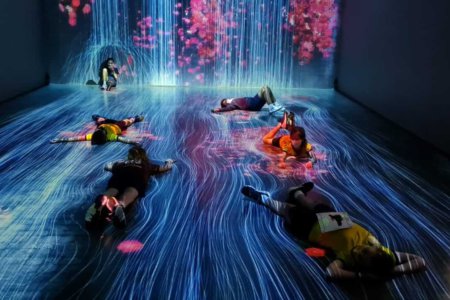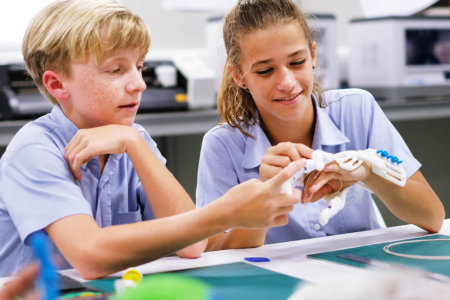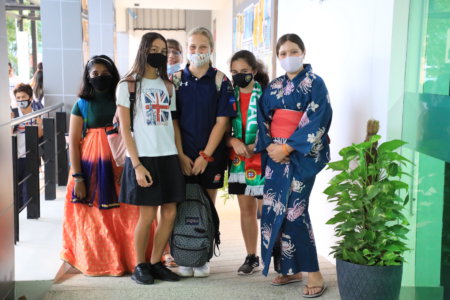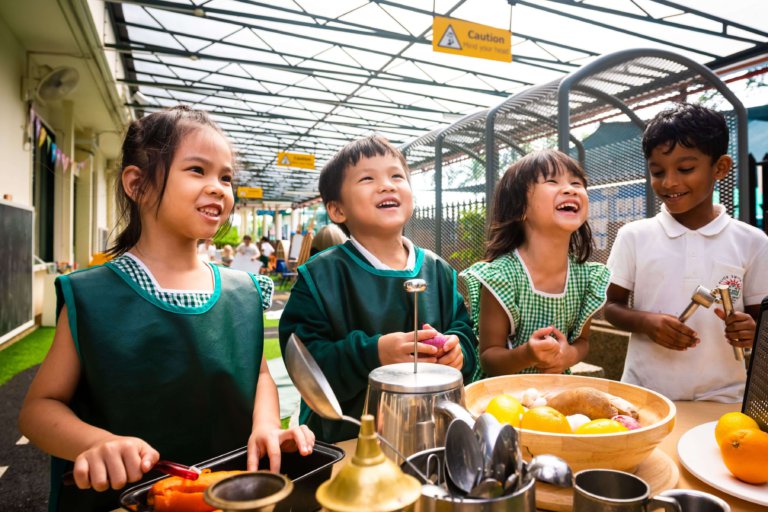
When it comes to selecting the right school in Asia, families are spoilt for choice. The region has proven to be a strong contender in international education, especially for expatriates looking for an enriching student experience for their young ones. A driving force behind the appeal is best defined in one word: diversity.
British international schools truly are melting pots, with multiple nationalities represented and a majority of faculty members hailing from the UK and beyond. Research confirms that racial and socioeconomic diversity in the classroom comes with both cognitive and social benefits. Behind the walls of a vibrant, multinational school, the brightest minds foster creativity, build confidence, and evolve into global citizens.
Pair this with a classic British curriculum, and you’ll have a recipe for success. Often characterised as “broad and balanced,” the English National Curriculum provides the full breadth of subjects that are needed to help with this development.
With a global perspective and key thinking skills comes the ability to innovate. A creative mindset is critical in every thriving sector. A study by IBM — based on face-to-face conversations with more than 1,500 CEOs worldwide — highlighted creativity as “the single most important leadership competency” for enterprises seeking to thrive in “a global system of systems.”
For an education that nurtures these leaders, here are four international schools in Asia worth considering:
The Alice Smith School
In 2021, the Alice Smith School in Kuala Lumpur, Malaysia is celebrating 75 years of innovation and success. It was the first British international school in Malaysia and is the only
“not for profit” British international school in the nation’s fast-rising capital. Growing from strength to strength since Alice Fairfield-Smith, a biology graduate from Harvard University and an experienced teacher, first set up the school in her home in Jalan Eaton, today the school is synonymous with the phrase “outstanding international education.”
Step into any class, and you’ll find interaction and collaboration between the teacher, the students and their peers. In small tutor groups, coaching and reflection exercises take place — sometimes led by expert guests — so students get the most from their education. Enriched, challenging and holistic, it’s a curriculum that nurtures young minds into critical and analytical leaders, ready for university and beyond.
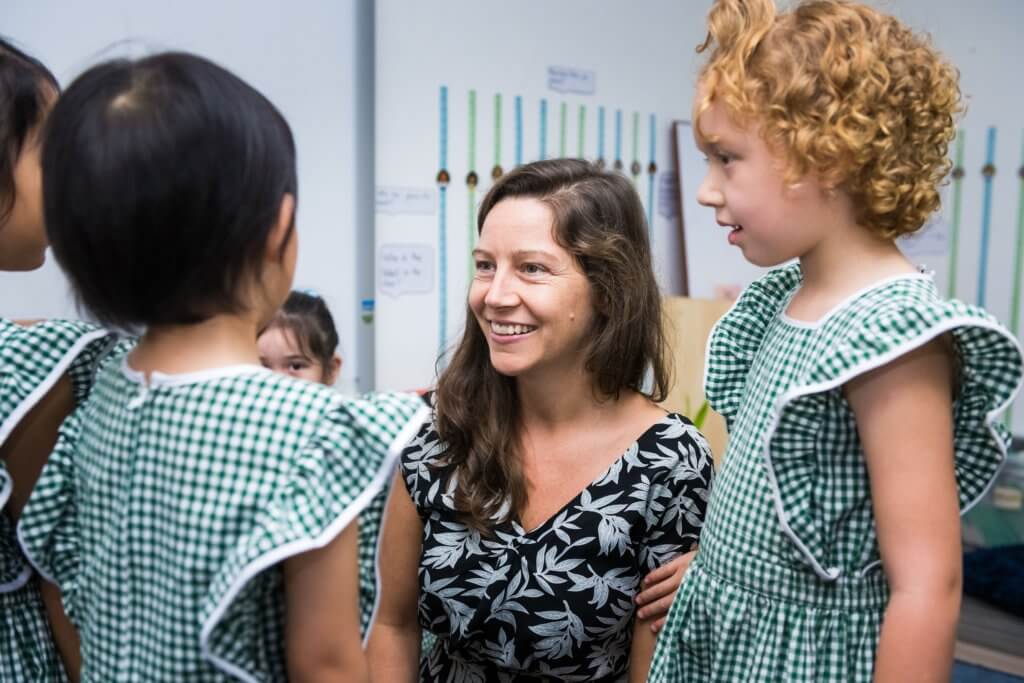
Alice Smith School takes an innovative approach to the traditional British curriculum. Source: The Alice Smith School
It all kicks off in Foundation Stage where students between the ages of three and five follow the English National Curriculum. Teachers guide according to a number of recognised approaches as to how children best learn at this age including Reggio Emilia, Anna Ephgrave, Maria Montessori and Alistair Bryce-Clegg.
Across Primary, Secondary, and Sixth Form programmes, older students combine their
academic achievements with their unique strengths, aspirations and needs. Students take GCSE and A Level, customising their own pathways with enrichment activities including leadership, service and physical activity.
“What I love most about Alice Smith is the freedom that has been given to me by the teachers, mentors and adults guiding my development from a teenager into an adult,” says student, Maisie. Armed with a broad range of knowledge, skills and experience, she and her peers are well on their way to extraordinary outcomes — 95% of Alice Smith students obtain a place at their first choice university.
A high-quality teaching faculty is a key contributor to their success. These are world-class teachers who have direct experience of teaching in British schools all around the world and hold special and professional leadership qualifications like the UK National Professional Qualifications in Middle/Senior Leadership or Headship. To meet them and see Alice Smith’s diverse campus with purposeful-built facilities, click here.
Tanglin Trust School
British-based curriculum tailored to Singapore, multiple pathways to university, over 95 years of experience, a campus with 50 nationalities represented, not-for-profit, outstanding exam and placement results — these are the features that set Tanglin Trust School students up for success in school, university and beyond.
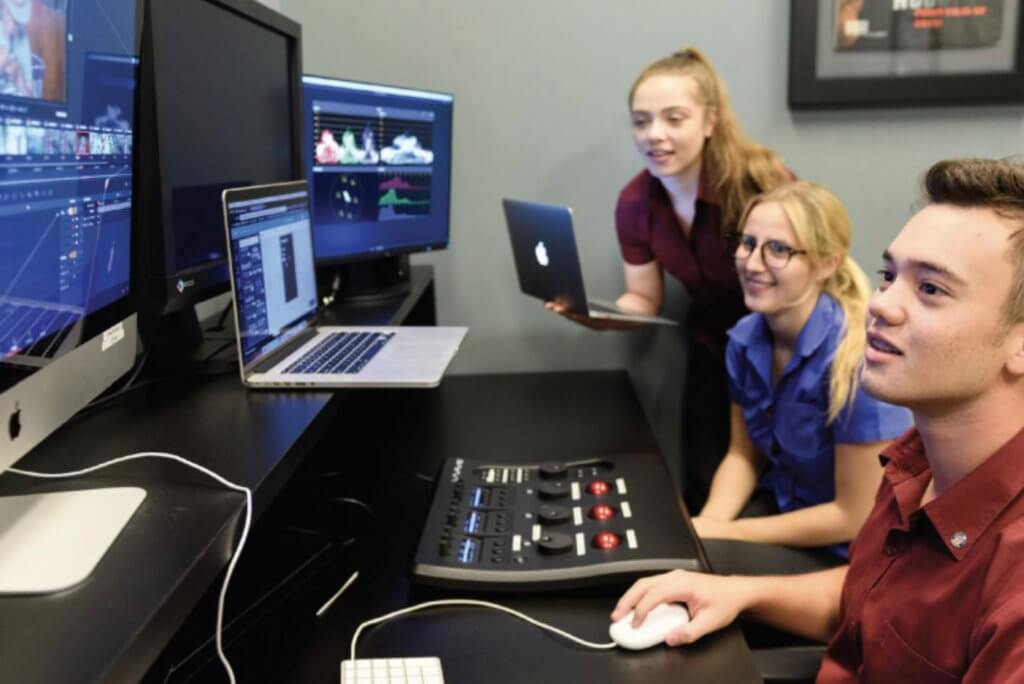
Tanglin is the only international school in Singapore to offer both A Levels and the IB. Source: Tanglin Trust School
Established in 1925, it is the oldest British international school in South East Asia, providing the English National Curriculum with an international perspective to children from three to 18 years old in Singapore. Its location amidst a tech hub, and the heritage and nature areas of Rochester Park and Wessex Estate, reflects the kind of education that takes place within campus: established, holistic and future-forward.
Tanglin is also the only international school in Singapore to offer both A Levels and the IB. Outside the classrooms, students make lasting friendships through some of the many arts, sports, outdoor education and co-curricular activities offered here.
There are over 140 teams competing in 17 different sports each year at home and abroad. Nearly one in four pupils participate in a music co-curricular activity, with high-quality ensembles, recitals, performances and exhibitions taking place throughout the year.
“Come and see for yourself a school repeatedly described by UK inspectors as outstanding and appreciate the full value of what we offer. We are most proud of the fact that our graduates are simply ‘good people’, who are prepared to flourish in, and make a positive contribution to, the world ahead of them,” says CEO Craig Considine.
Seoul Foreign School
Seoul Foreign School (SFS) in South Korea prepares students for the future of work by expanding students’ global outlook through an international curriculum and a diverse campus community. SFS offers the International Baccalaureate and the English National Curriculum.
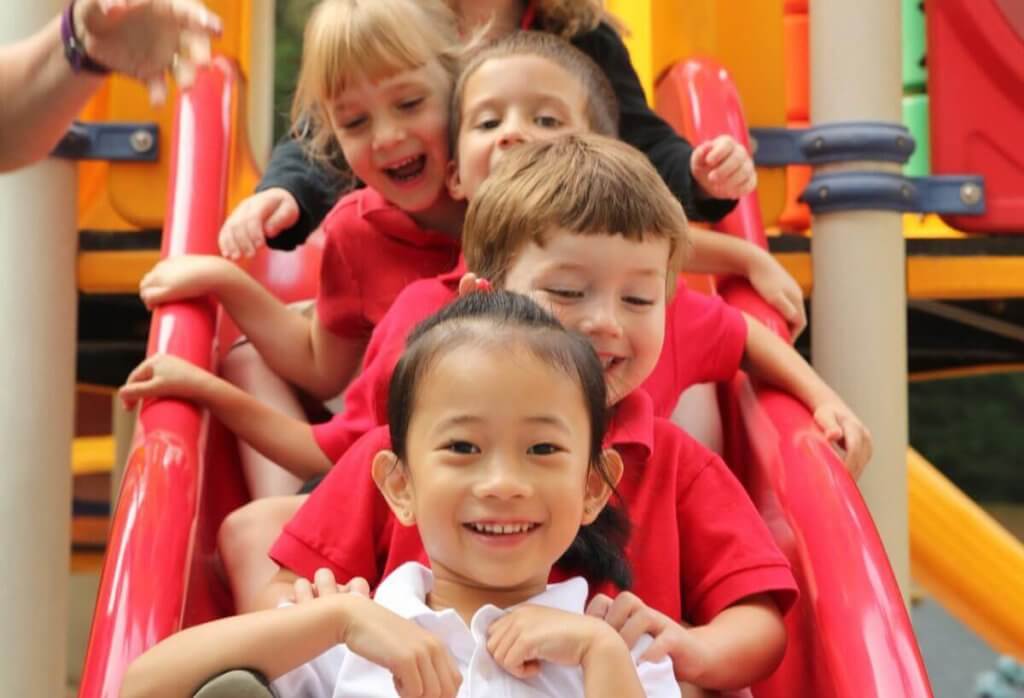
Through the school’s drama, music and visual arts programmes, students are taught that education comes in many forms. Source: Seoul Foreign School
The Elementary, Middle and High Schools offer the full IB programme. The British School at SFS provides the English National Curriculum from Foundation to key stage three. Extensive fine arts, athletic, and student life programming are also offered here, ensuring students receive a well-rounded education.
“We have been ‘inspiring excellence and building character’ for over 100 years. Of the 6,000 international schools in the world, our legacy of achievement is one of the longest,” says Head of School Colm Flanagan.
SFS’s dedication to sports can be seen through its athletic associations — with Asia Pacific Activities Conference, Korean-American Interscholastic Activities Conference, and Federation of British International Schools in Asia — and its participation in a variety of extracurricular activities such as volleyball, tennis, cross country, swimming, basketball, soccer, badminton and so forth.
Creativity is similarly emphasised. Through the school’s drama, music and visual arts programmes, students are taught that education comes in many forms — some of which include rhythm, movement and flair.
“Starting in 1912 as one classroom of 12 students, we have grown into the vibrant and dynamic learning environment we are today,” shares Flanagan. “A sense of caring is at the heart of our mission. The importance of guiding, supporting and challenging each one of our students is what defines our school’s approach.”
British International School Ho Chi Minh City
Established in 1997, the British International School Ho Chi Minh City has grown to become one of the largest international language schools in Vietnam. Students from age two to 18 are welcome at its campus where over 50 nationalities are represented. Average class size is 18 — the student to teacher ratio at the primary level is 21:2, secondary is 11:1.
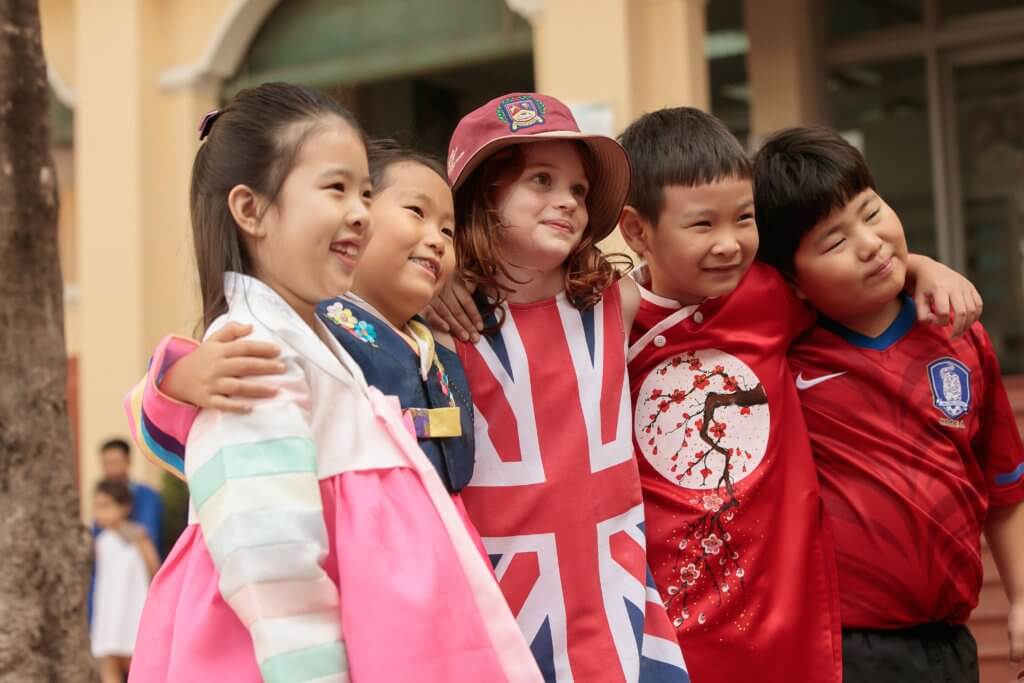
BIS HCMC’s partnership with the Juilliard School enhances the learning of performing arts. Source: British International School Ho Chi Minh City
BIS HCMC was the first school in Vietnam to be inspected and approved by the Association of British Schools Overseas. It is also officially awarded full accreditation status through the prestigious Council of International Schools (CIS) and a registered centre for the Cambridge International Examinations (CIE).
The school’s partnership with the Juilliard School enhances the learning of performing arts at BIS HCMC. Students get to explore core works of music, dance, and drama using teaching materials, creative activities, historical information, rehearsal strategies, and professional development — all designed by the prestigious conservatory.
BIS HCMC also collaborates with the world-renowned Massachusetts Institute of Technology (MIT) to provide a STEAM curriculum that tackles real-world challenges across the subjects of science, technology, engineering, art, and mathematics. This is how BIS HCMC students get to develop transferable skills such as flexibility, creativity, and communication.
“We value academic success highly, but it is also our belief that the all-round development of your child is just as important,” says principal Anthony Rowlands. “Our students are ambitious, our teaching teams are innovative and our school environment is dynamic, ensuring that the education on offer is amongst the very best available anywhere in the world.”
*Some of the institutions featured on this article are commercial partners of Study International








